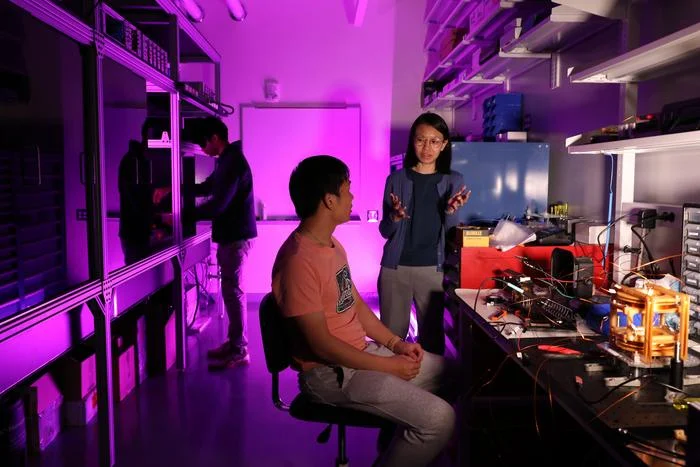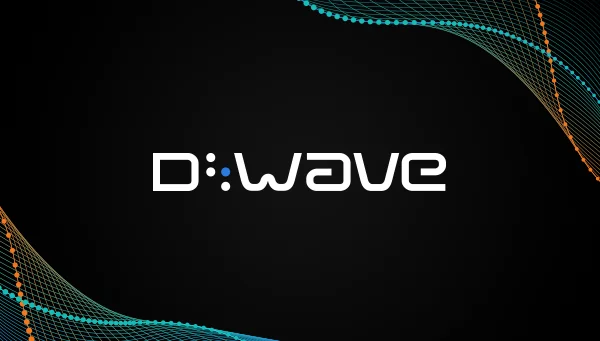Insider Brief
- Most experts believed that boson sampling had no practical purposes beyond serving as a quantum advantage benchmark.
- A team of researchers suggest that the boson sampling task serve as a backbone for a quantum blockchain scheme.
- In addition to being speedier, the method may also consume a lot less energy, one of the criticisms against using Bitcoin.
When news of quantum advantage in boson sampling began to sweep the scientific press a few years ago, the main knock on the experiments was there didn’t seem to be a practical use for the esoteric task.
Now a team of scientists, including assistance from quantum security startup BTQ Technologies researchers, report that boson sampling may serve as a proof-of-work (PoW) scheme for blockchain consensus that relies on quantum computing techniques to validate consensus, a key aspect of many blockchain protocols.
According to the study, which was posted in the pre-print server ArXiv, the authors report the system, beyond the scientifically interesting demonstration of a practical use for boson sampling, offers several benefits compared to traditional methods of solving computational puzzles for consensus. Current algorithms used for solving these puzzles are slow and demand a large amount of computing resources to complete, according to the researchers.

Boson sampling is considered a specialized problem in quantum computing that explores the behavior of photons — particles of light — as they pass through a complex network of optical elements such as beam splitters and detectors. In boson sampling, the goal is to sample the output distribution of photons after they have undergone interference in an optical circuit. This sampling problem is challenging to simulate on classical computers as the number of possible outcomes grows exponentially with the number of photons and optical elements involved.
The task primarily serves as a benchmark for evaluating the potential advantage of quantum computers over classical computers in performing specific tasks and most scientists considered the task as not fit for general-purpose computation.
The researchers use a boson sampling approach called coarse-grained boson sampling, or CGBS.
In this method, users in a network rely on special inputs that are influenced by the current block information. They share their results with the network. Then, CGBS strategies are decided upon. These strategies are used to check if the shared results are valid and to reward miners who have successfully completed the task. By giving rewards to honest miners who share accurate results and penalizing those who share incorrect results, a balanced situation is created that encourages everyone to be honest.
The team reports that the approach has two major benefits: it significantly speeds up the process and saves energy compared to using traditional computers.
They write: “Whereas classical PoW schemes such as Bitcoin’s are notoriously energy inefficient, our bosonsampling-based PoW scheme offers a far more energyefficient alternative when implemented on quantum hardware. The quantum advantage has a compounding effect: as more quantum miners enter the network the difficulty of the problem will be increased to maintain consistent block mining time, further incentivizing the participation of quantum miners.”
The technique could be used on current quantum hardware and is scalable, according to the researchers.
Research institutions involved in the study include: the Centre for Quantum Computation & Communications Technology, located in Australia; the School of Mathematics & Physics at The University of Queensland, also in Australia; the School of Physics at the University of Melbourne, the Center for Engineered Quantum Systems, BTQ Technologies, based in Vancouver, Canada; the Centre for Quantum Software & Information at the University of Technology Sydney and the Hearne Institute for Theoretical Physics, which is part of the Department of Physics & Astronomy at Louisiana State University in the United States.
For more market insights, check out our latest quantum computing news here.















